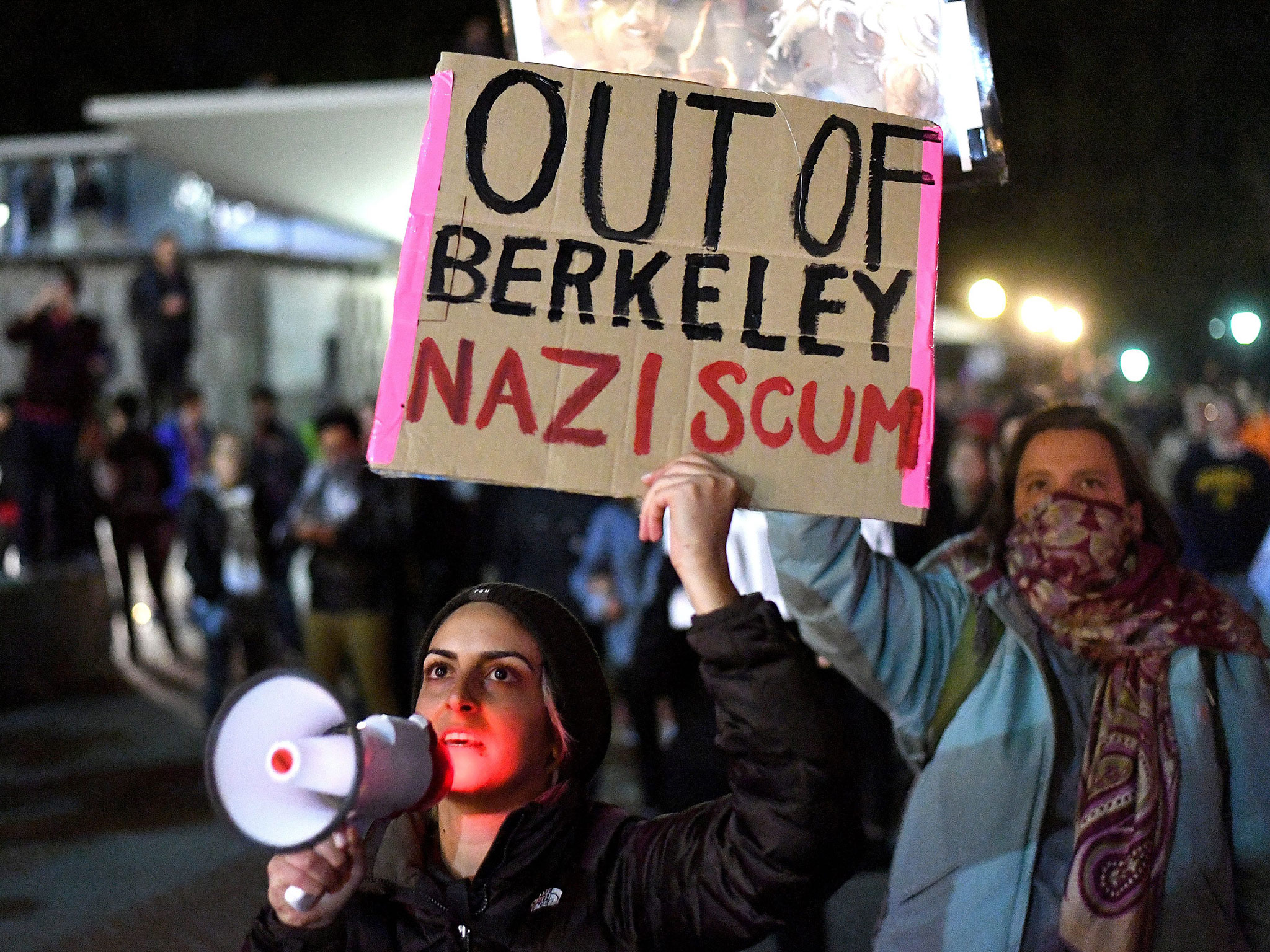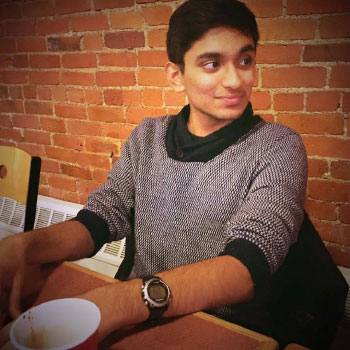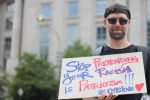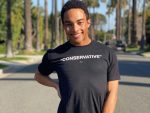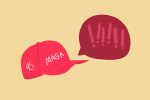My school, the University of Michigan, decided to allow America’s most high-profile white supremacist, ethnonationalist and Nazi, Richard Spencer, to speak on campus. In a statement regarding the decision, Regent Mark Bernstein claimed, “the only thing worse than Richard Spencer being on our campus is stopping Richard Spencer being on our campus.”
While I do recognize there are legal provisions that grant Richard Spencer the right to say and do what he wants, I reject totally and unequivocally the notion there is anything worse than having Richard Spencer on campus—his bile, his “blood and soil” mantra, draws in crowds of unsavory acolytes who pose a direct risk to students’ safety. How is there anything worse than putting students’ wellbeing in jeopardy?
A number of student organizations have expressed their intent to protest Spencer’s presence, to which a number of others have responded with well-worn remarks about how political correctness chills free speech and is, therefore, a danger to democracy. To that I say: Isn’t Nazism the real danger to democracy?
PC culture is a cornerstone of attacks against college students, those snowflake liberals intolerant of views that do not fit with theirs. One can find article after article detailing the most outrageous cases of political correctness, from students at Oberlin protesting the dining for serving sushi to students at the University of Ottawa protesting a yoga class for taking part in a history of “cultural genocide.” It is true that some take political correctness a bit further than its reach in misguided attempts at tolerance and acceptance.
While protesting sushi and yoga for being culturally appropriative might have grown out of a real concern for the histories and traditions erased in the process of mainstreaming them, I’m sure you’d be hard-pressed to find someone who is truly rattled to their core about it. It is unfortunate that such discourses prevail in the public arena. Cultural appropriation is a problem worth addressing, especially when it comes to credit and money being siphoned off the work of certain cultural groups or deeply hurtful slurs being used as mascots for multimillion-dollar entities (such as a certain NFL team).
Matters of general sensitivity aside, though, in today’s political landscape dotted by violently regressive ideologies, political correctness might prove to be a bastion of decency.
When students at the University of California-Berkeley protested white nationalist Milo Yiannopolous’s presence (and later, Ann Coulter’s) on their campus, the media was quick to jump on them, decrying “the intolerant left” for “silencing debate” and “not listening to the other side.” It was strange to me the way well-respected journalists and commentators, many of them liberal, performed acts of rhetorical contortion to defend an individual who has claimed “the gay rights movements has made us dumber,” declared transgendered persons “mentally ill,” and doggedly attacked Muslims, African Americans and immigrants. There were thinkpieces for days rather sanctimoniously condescending to members of “the college left.” The bottom line: The protestors were behaving in Orwellian fashion, impinging on people’s right to free speech (a popular comment around this time read something along the lines of “I might not like what you have to say, but I’ll die defending your right to say it.” Such a death, in my estimation, sounds ignominious at best).
I will admit I saw these articles’ points when it came to understanding that public universities might not have the legal standing to categorically ban violent and extremist speakers—public universities are, at the end of the day, public and, unfortunate though it is, members of the alt-right are also members of general society.
My bafflement with the reaction to the Berkeley protests, however, was threefold: first was that no one seemed to understand that the students protesting Yiannopolous were also exercising their right to free speech; second was the idea that speakers such as Yiannopolous and Coulter were simply “the other side,” just average conservatives persecuted by liberals; my third and largest befuddlement was with the implication that the American populace must not only be tolerant of vehemently bigoted views but also take the nation’s tolerance of those views as a sign of a healthy democracy. Long before President Trump articulated his infamous “both sides” logic in the wake of Charlottesville, the media had it down on lock. Politics, it seems, makes strange bedfellows.
There is no social obligation to be at ease with the diarrhea that comes out of the mouths of neo-Nazis. After all, neo-Nazis don’t seem to have any reservations about flouting the tenets of decency. It is important, now more than ever, to recognize that far right-wing extremism is not a credit to our nation’s democracy, but a cruel mockery of it. Steve Bannon, former White House advisor and editor of the alt-right haven “Breitbart News,” is on the warpath trying to get candidates sympathetic to his ideas into office. Plenty of Americans are nominally repulsed by the alt-right, but to erase the problem entirely requires them to start toughening up when Nazis get ready to break out big.
Perhaps the sins of political correctness, then, are actually virtues. The First Amendment has always meant, “Congress shall make no law…abridging the freedom of speech.” Free speech means freedom from government censorship, not from social censorship. Deciding collectively, in the realm of social interaction, that Nazism is antithetical to American ideals and that it is something worth being stifled and suffocated might do more to ensure a continued commitment to the American project. Protesting speakers such as Spencer and Yiannopolous is not affronting to democracy: Spencer, Yiannopolous and their entire ilk are an affront to democracy. Rejecting the neo-Nazi’s vision for the future forcefully and completely is, to me, one of the most American things to do.
The contours of this debate are yet nebulous and ill-defined and I recognize that full-throated support for political correctness is anathema to many. There are a number of things to consider before going down this route—the debate will no doubt be messy, but is one worth having. There is a time when we must say “enough is enough” before it’s too late.


